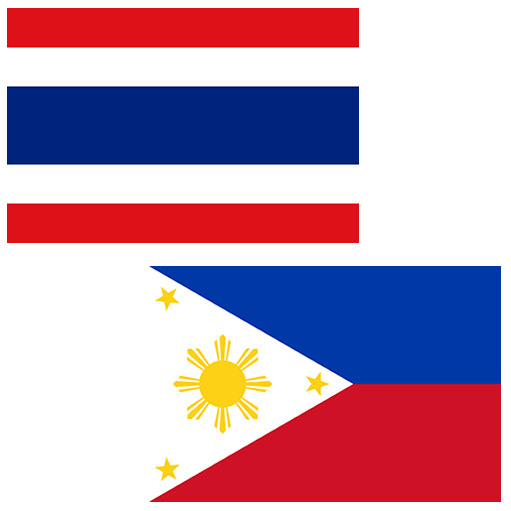 The short answer is yes, they do, but not always. These two Consular Immigrant Visa Units have been following this policy for several years. They have indicated, it is because the affidavit used in the K visa process, is non-binding. If the common individual or even a less than fully informed legal professional were to read the contract included in the affidavit, it would seem quite clear the affidavit is a binding contract but the courts have held that it is not.
The short answer is yes, they do, but not always. These two Consular Immigrant Visa Units have been following this policy for several years. They have indicated, it is because the affidavit used in the K visa process, is non-binding. If the common individual or even a less than fully informed legal professional were to read the contract included in the affidavit, it would seem quite clear the affidavit is a binding contract but the courts have held that it is not.
Later, when the K visa holder is applying for Legal Permanent Resident Status, a qualified sponsor, actually willing to abide by the binding contract in the different affidavit used for that purpose, must sign the binding contract included with that affidavit. It is the position of these two Consular Units (with some exceptions I’ll discuss below) that with a qualified sponsor signing a non-binding affidavit of support, there is not sufficient assurance the intending immigrant will not become a public charge.
Here’s a link to the applicable section of the Foreign Affairs Manual currently governing these decisions.
http://www.state.gov/documents/organization/86988.pdf
Excerpt of 9 FAM. (Ninth/Current edition of the Foreign Affairs Manual)
a. In making a determination regarding an alien’s admissibility under INA 212(a)(4), you must consider, at minimum, the alien’s:
(1) Age;
(2) Health;
(3) Family status;
(4) Assets;
(5) Financial status and resources; and
(6) Education or skills.
Page 15 of the linked section of the Foreign Affairs Manual is the official source indicating the U.S. Department of State does not consider the affidavit used in K visa cases to be binding. “This affidavit, submitted by the applicant at your request, is not legally binding on the sponsor and should not be accorded the same weight as…” (the affidavit used when adjusting status or applying for a visa that grants Legal Permanent Resident status, upon entering the USA. The section in italics above, is the basis under which the IV Units in both Manila and Bangkok justify their policy of not accepting cosponsors for K visa cases, in most cases.
The real issue, is that Consular Officers are required to make a judgment call about whether any intending immigrant, is likely to become a public charge, or “be a financial burden to the “public” meaning the US taxpayer. Since this truly is a judgment call, the exceptions made for young petitioners who will soon, or have recently graduated from college, where their well to do parents are acting as the cosponsors, seem reasonable.
While one could argue that many recent college graduates are finding it difficult to secure full time employment in their field of study, the combination of their status combined with that of their parents, would seem to be reasonable assurance regarding the public charge issue. Opinions vary on the reasonableness of the policy, but for now, this is the policy in Manila and Bangkok.
If you have any doubts about whether you will qualify as the financial sponsor for your loved one(s), please give us a call and take advantage of our free initial consultation.
